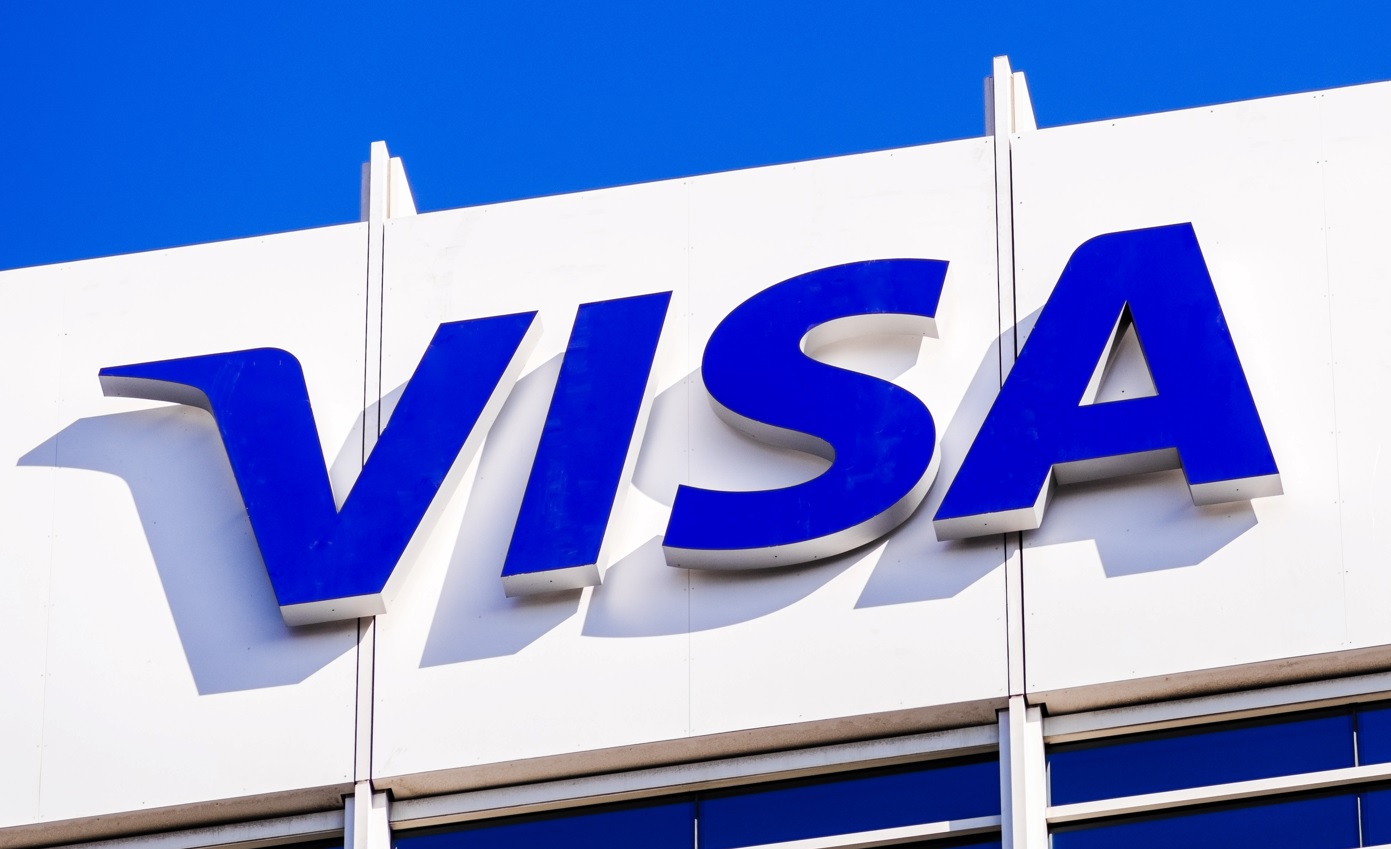
The payment services behemoth intends to enable user transactions via digital wallets or CBDC-enabled Visa cards
International payment services company Visa has partnered with software tech firm ConsenSys to create on-ramp tech for Central Bank Digital Currencies (CBDCs). The partnership reported first by Bloomberg earlier today seeks to advance sovereign digital currency networks.
Visa said it would build a CBDC sandbox that will be available in the coming spring. This isolated testing environment would help central banks test CBDC prototypes and pilot programs. The global financial company hopes that this initiative will help bridge the existing rift between financial systems and CBDCs
"We've spoken with nearly 30 central banks to understand their perspectives on CBDCs and to identify the ways in which our network, infrastructure and value-added services can support them," a spokesperson told Blockworks.
The head of CBDC at Visa, Catherine Gu, explained that the technology would allow users to transact in CBDCs from their digital wallets or CBDC-enabled Visa cards at all Visa merchants. She noted that the next few years would be critical in understanding the role that CBDCs will play and how different forms of money will coexist with payment systems – the latter a challenge at present.
Centralised or decentralised?
Visa could be working to lay down relevant tech to embrace the idea of a CBDC, but Minnesota rep Tom Emmer is not convinced of the digital asset. Though a widely-known crypto enthusiast, he has never been a fan of CBDCs as his preference lies in a decentralised digital asset.
Last October, he told the House Financial Services Committee that for a digital version of the dollar, a decentralised currency would offer the best option in enabling user integration into the digital financial system while maintaining user privacy.
Unlike decentralised, permissionless currencies such as Ether and Bitcoin, CBDCs are government-issued and hosted on a centralised and permissioned blockchain. Basing off that argument, Rep Emmer is now fighting CBDCs as he plans to table a bill barring the Federal Reserve from developing that currency.
He noted that the CBDCs' centralisation of the user financial data would scale vulnerability to an attack. Additionally, he explained that the possibility of government surveillance raised privacy concerns.
Visa's ambition
As a firm operating in the payments niche, Visa has been set on exploring digital payment options in the new financial system and atop of that are CBDCs and stablecoins. In September last year, the company proposed the creation of a platform to host an interoperable environment for CBDCs and stablecoins.
Visa's proposal would enable cross-chain interoperability via a Universal Payment Channel (UPC) hub. The hub would interjoin blockchain networks and enable safe cross-transactions.

